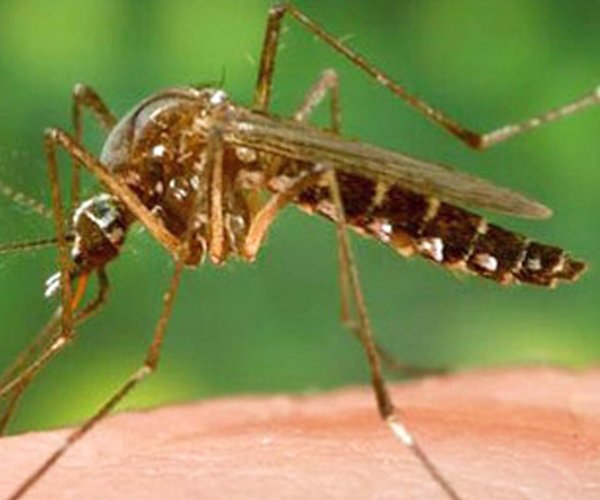On Feb. 16, a 109-car unit train was passing through Montgomery, West Virginia when 27 tank cars carrying Bakken crude oil derailed. The derailment caused a massive fire that burned for three days and forced 200 residents to evacuate their home. The local emergency responders jumped into action but their efforts would have been swamped had they not gotten assistance from federal and state agencies, as well as the U.S. Coast Guard.
That same Bakken crude oil is routinely shipped into California, traveling along the railroad lines that pass right through the center of Turlock. And should such a disaster strike here like it did in West Virginia, the Turlock Fire Department would be unable to rein it in.
“We wouldn’t be able to manage something like this,” Turlock Fire Chief Tim Lohman said of a potential derailment. In a briefing to the Turlock City Council Tuesday night about the Bakken crude oil transported through town, Lohman said the fire department doesn’t have the knowledge, staffing or resources to tackle such a task.
Lohman’s sentiment was also expressed by Congressman Jeff Denham (R-Turlock) who has heard similar concerns from communities across the country through his role as Chair of the Subcommittee on Railroads, Pipelines and Hazardous Materials.
“Certainly, it’s been a frustration to see that this has been an issue that has been overlooked by members of both the Senate and the House,” Denham said at Tuesday night’s City Council meeting. “I’d like to see a set policy across the country.
Chief Lohman said Bakken crude oil is a lighter and a more flammable substance than other crude oils. It passes through Turlock on the Union Pacific railroad line that runs through the center of town, and on the Burlington North Santa Fe railroad line that runs through the eastern edge of Turlock and Denair.
The Bakken crude oil comes from a 200,000-square mile territory expanding into Montana and Canadian provinces, but is primarily in North Dakota. The oil reserves became more lucrative in recent years with the advancement of extraction technology, but it has also raised concerns about transportation. There have been other incidents like the one in West Virginia, including some that have resulted in the loss of lives. The National transportation Safety Board, the Federal Railroad Administration and the California Public Utilities Commission, which oversees railroads in California, have all identified shipments carrying Bakken crude oil as having an “increased risk of explosion and harm,” according to the CPUC’s report on “Railroad Safety: Addressing increased hazards from oil by rail.”
The report states that oil pipelines are at capacity and the amount of trains carrying crude oil is expected to increase. The California Energy Commission is projecting a 25-fold increase in the number of shipments coming into the state in 2016.
In response to the safety concerns the CPUC has requested more track and rail safety inspectors and the Pipeline and Hazardous Materials Safety Administration is establishing new rules for shipping crude oil and proposing stronger tank cars.
Railroad companies are also taking steps to increase safety. Union Pacific is using lasers and ultrasound to identify rail imperfections, as well as trackside sensors that provide real-time analysis of every rail car moving on their system.
“Leaders at Union Pacific are working closely with the AAR, (Association of American Railroads) PHMSA, our customers and others in our industry, like the American Petroleum Institute (API), to improve the safety of crude-by-rail transport,” Union Pacific wrote in a news release on crude by rail. “We are carefully evaluating the process by which we determine freight routes and are looking at following the same route protocols we follow when we transport hazardous materials such as ammonia or chlorine.”
Locally, Lohman said the fire department is applying for a training provided by BNSF that specifically covers crude oil derailment scenarios. The fire department is hoping to send two individuals to the training in Colorado. The fire department would also support efforts to have material identifiers on tank placards, see an increase in rail inspectors, and improve emergency response and preparedness.
“The tracks here in Turlock are flat and not prone to derailment, but we have had one in Turlock many years ago, so you never know,” Lohman said.





